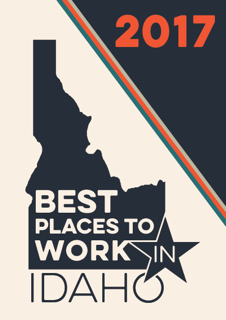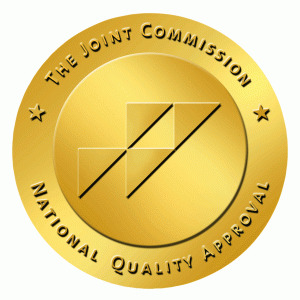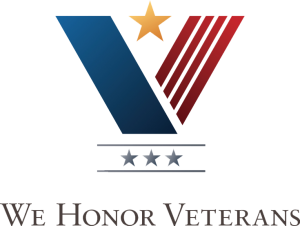Elderly Care: Sick but not sick enough…
How many of us know families struggling to care for an aging relative in Mountain Home? How many of us see elders living alone and struggling? The answer is plenty. Mountain Home is a retired community and as such, our community has a population of aging adults that have family scattered across the United States. For those trying to employ resources for the elderly in our rural area, it can be a daunting task to say the least. For these reasons, I believe, Mountain Home ends up with a population that is sick but not sick enough. There are three types of care that can be initiated once someone’s health begins to decline. The options include; home care, home health and hospice.HOME CARE – also called Personal Care Duty PCS, Non- Medical PCS, Custodial Care and Companion Care. Home care helps with activities of daily living such as meal preparation, errands, bathing, dressing, grooming, toileting, medication reminders and other non-medical related activities. The average rate for home care in Mountain Home is $18.50 to $25.00 per hour and in most cases has a an two-hour minimum. This is not covered by Medicare. Although, it can be covered by Medicaid, many private insurances and long-term care policies.
HOME HEALTH– is ordered by a physician, usually at the time of discharge following a hospital admission or an acute illness. Home health care provides short term medical assistance and is prescribed to monitor a health problem or as follow up care. It usually involves a Nurse, Physical Therapist, Occupational Therapist or Speech Therapies. The services provided can include things as wound care, injections, medication management and other medically-focused services. These services are covered by Medicare, Medicaid, VA and most private insurances. If a patient lives alone, it is not uncommon for the individual to also utilize Home Care services at the same time.
HOSPICE– focuses on care, comfort and support for individuals and their families when facing a life-threatening illness. This type of care is also ordered by a physician. Hospice can be provided as long as the physician certifies that the medical condition remains life-limiting. Hospice is covered by Medicare, Medicaid, VA and most insurance at 100% in most cases. Additionally, the benefit covers many cost related to the life limiting diagnosis such as medical supplies, durable medical equipment and incontinent supplies. Emotional support and education on the disease progression is provided to both the individual and their family.
I have found that there is a high number of elders that need help, on a fixed-income, have health issues or their overall health continues to decline but they do not yet qualify for hospice services. Many seniors want to stay at home and maintain independence for as long as possible. Thankfully, there are non-profit agencies, volunteer groups at work in Mountain Home, as well respite and day-care facilities. Physicians and the Senior Center are superior resources to find the information families need to care for these needs. The only solution is to arm our community with education and resources to assist in planning for crisis before crisis hits.







